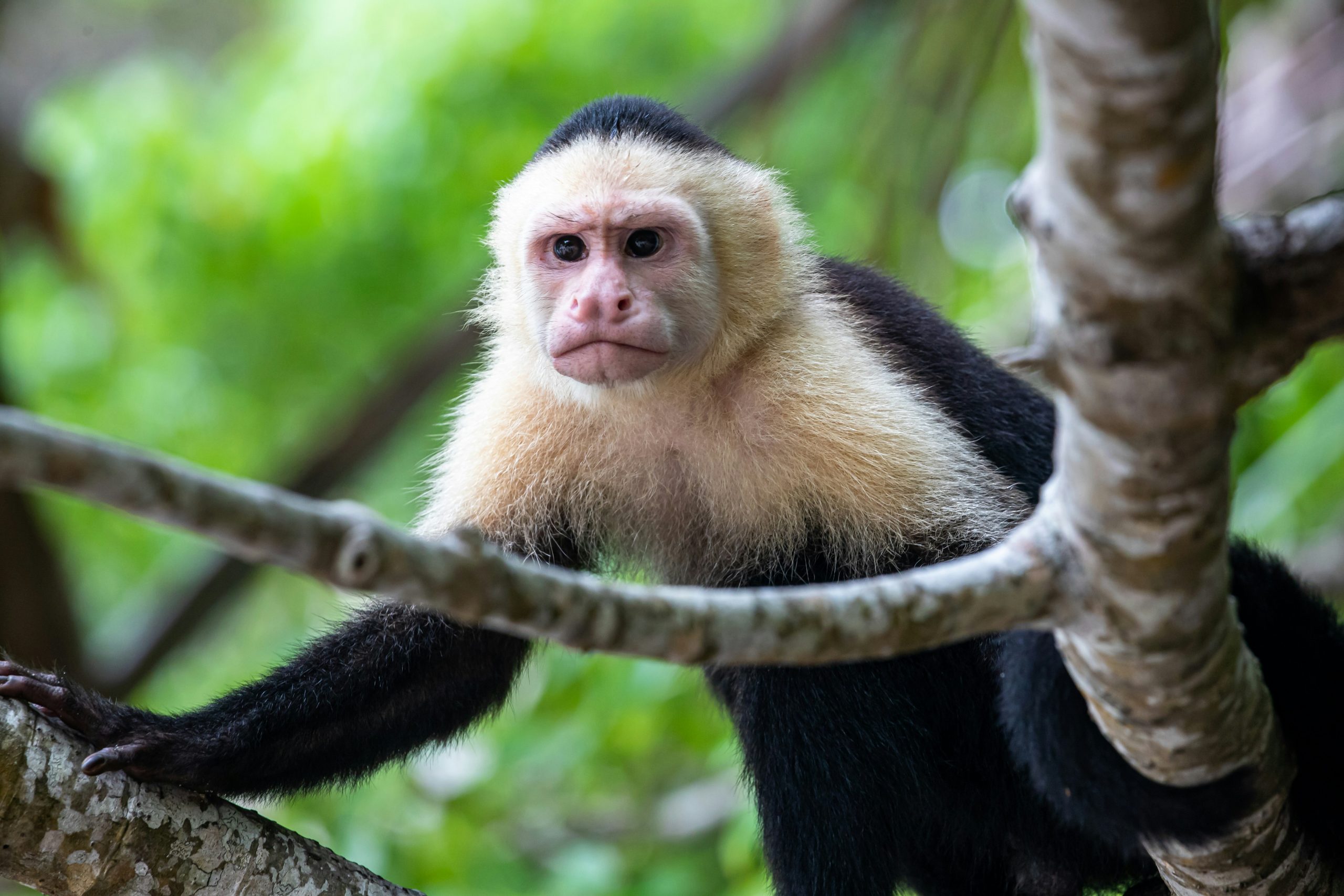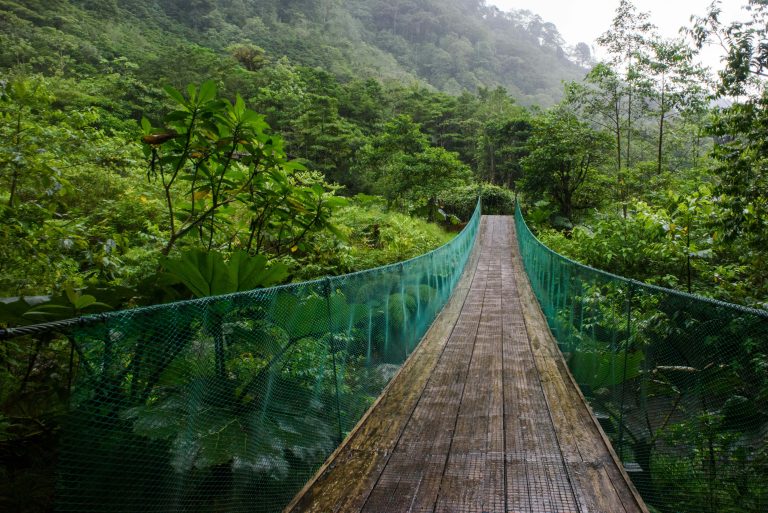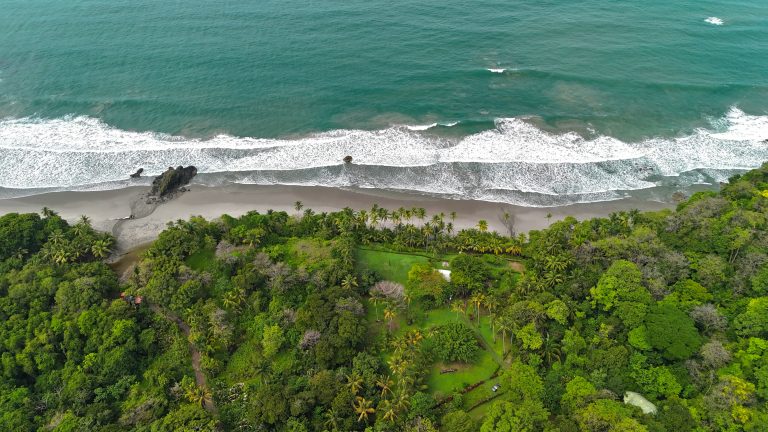12 Animals Students Might Spot on a School Trip to Costa Rica
Costa Rica is one of the most biodiverse countries on Earth. Though it only takes up 0.03% of the planet’s surface, it holds around 5% of the world’s known species. That means walking through a rainforest trail here isn’t just scenic, it’s a biology lesson in motion.
For teachers, planning a school trip to Costa Rica is an incredible way to help students engage with science, environmental ethics, and conservation. Whether you’re in a cloud forest, mangrove estuary, or coral reef, there’s no shortage of wildlife to encounter and protect.
Here are 12 remarkable species your students might encounter in Costa Rica and what each sighting can teach them.
1. Sloths
There are two types of sloths in Costa Rica: two-toed and three-toed. Students love them for their slow pace and quirky expressions, but sloths are also an entry point for conversations around habitat protection and wildlife corridors.
2. Scarlet Macaws
These bright red, yellow, and blue parrots are easy to spot in areas like the Osa Peninsula. Seeing them in flight is unforgettable and they’re a fantastic way to talk about deforestation and species-specific conservation efforts.

3. Sea Turtles
From Tortuguero to the Nicoya Peninsula, Costa Rica is a nesting ground for several species of sea turtles, including leatherbacks and olive ridleys. School groups can visit conservation projects where students can help with habitat protection, data collection, or beach cleanups.
4. Howler Monkeys
Their deep roar carries through the trees and often surprises first-time visitors. Watching these social primates swing through the canopy teaches students about animal communication, troop behavior, and rainforest ecosystems.
5. Blue Morpho Butterflies
These large electric-blue butterflies are everywhere in Costa Rica’s forests and they’re a powerful symbol of biodiversity and fragility. A guided butterfly garden visit makes for a fascinating (and calming) biology lesson.

6. Glass Frogs
Found near streams in cloud forests, glass frogs have translucent bellies that let you see their internal organs. Students are always amazed and it opens up topics like amphibian adaptation and water quality.
7. Coatis
These raccoon relatives are often seen in national parks and around picnic spots. While cute, coatis are a great reminder not to feed wildlife, and to explore human-wildlife interaction and responsible tourism.
8. Tapirs
Costa Rica’s largest land mammals are rare, but sightings in places like Corcovado National Park are possible. They’re shy and endangered, which makes them a perfect case study for conservation biology and protected areas.

9. Poison Dart Frogs
These tiny, vibrantly colored frogs aren’t as dangerous as their name suggests but they do showcase incredible evolution and serve as indicators of ecosystem health. Kids love spotting them on rainy hikes.
10. Humpback Whales
If your trip heads to the Pacific coast during migration season (July–October and December–March), students might witness these majestic creatures breaching offshore. Marine biology in action.
11. Green Iguanas
You’ll see them sunning on branches or strolling across lawns. Iguanas are easy to observe up close and help illustrate the importance of reptiles in tropical food chains.

12. Leafcutter Ants
One of the most fascinating insects to observe. These tiny workers carry bits of leaves far larger than themselves, teaching students about cooperation, colony structures, and even natural agriculture.
Final Thought: See It, Understand It, Protect It
The wildlife your students encounter in Costa Rica doesn’t just inspire, it educates. These real-world observations help connect classroom learning with environmental responsibility. Many of the organizations we partner with on the ground are involved in research, rescue, or reforestation efforts that students can actively support during their trip.
Let Evolve Tours build a Costa Rica itinerary that brings your lessons to life while inspiring the next generation of conservationists.
📞 Let’s Start Planning
Email: info@evolvetours.com
Phone: 1-888-222-5066
Website: www.evolvetours.com








